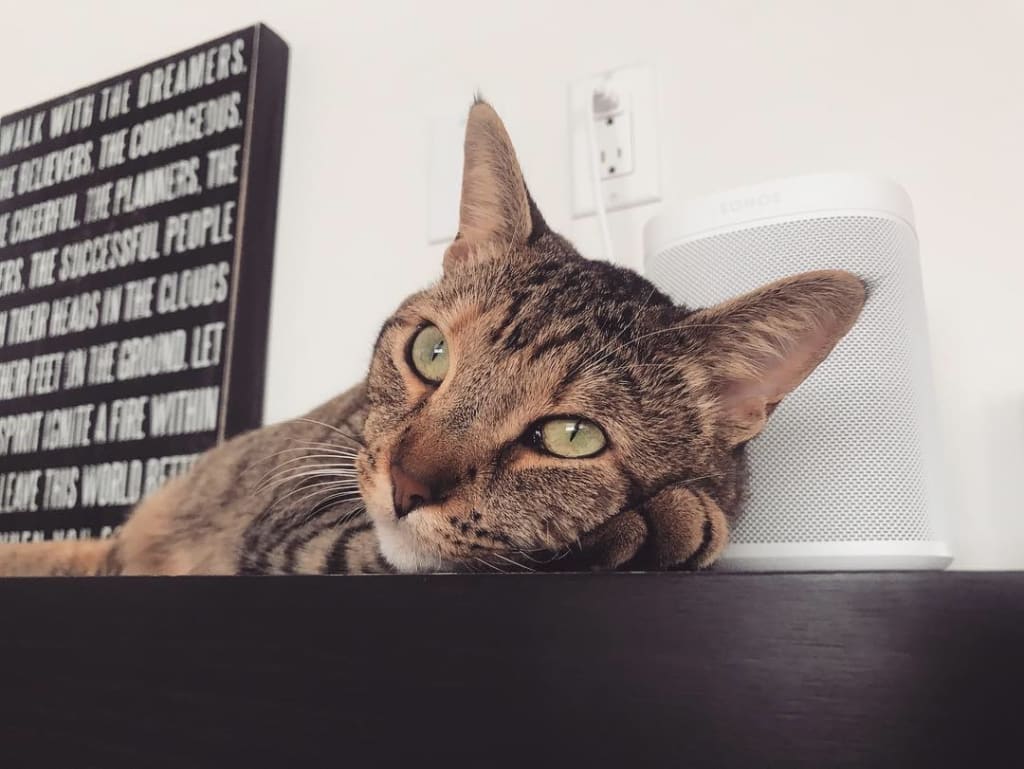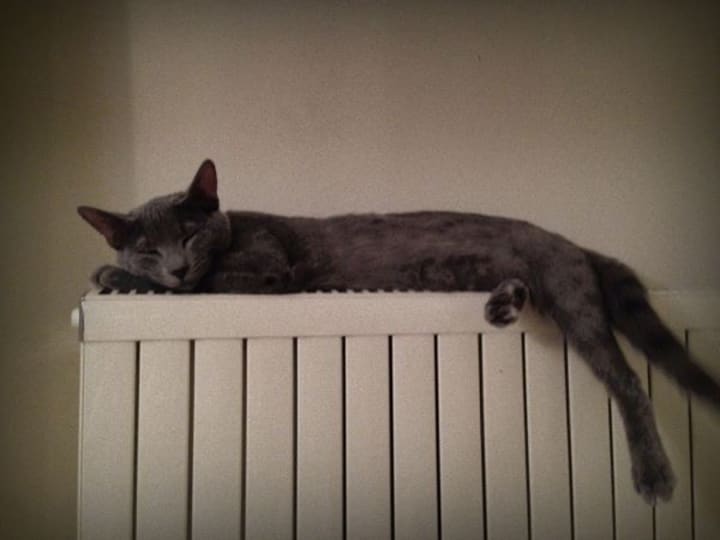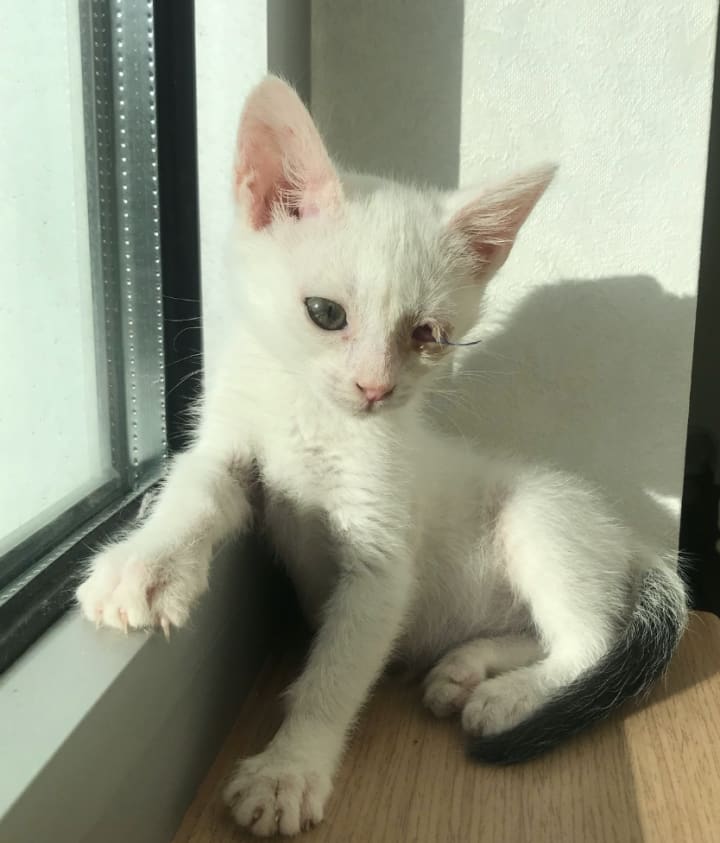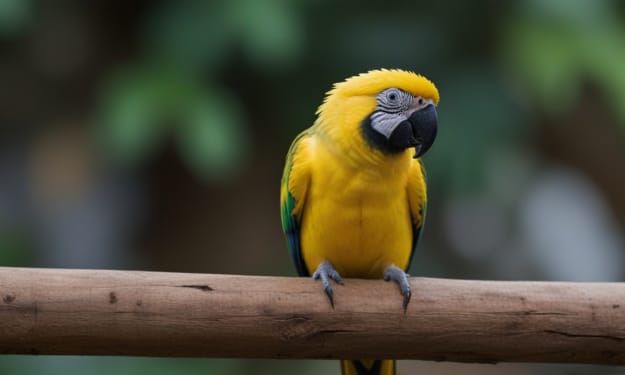Your Kitten's Worst Nightmare and What You Can Do About It
Fighting Panleukopenia

You never think about the day you will lose your pet when you decide to adopt one. It’s all about excitement, commitment, and responsibility at first. During that time you are probably worrying about how you are going to take care of them. You learn the basics, find the right food, gather all the essentials, and buy the fanciest food bowl, etc.
Remember the first time you see your little fluffy friend on the street or behind bars in a cage. You will never forget the moment you decided to adopt that “special one.” I’ve personally always had a tendency to adopt the misfit, the sick or the injured one.
My first cat was literally the runt of the litter. A beautiful dark gray kitten with enchanting emerald green eyes. I was surprised when the vet told me that nobody wanted her so she was the only one left in a big cage that she used to share with her siblings.

My second one, similar story… She was at a local shelter, in a small cage with her brother, laying down, wasn’t even looking at us. Volunteers told us she recently had surgery so she had to wear those disturbing cone things. That little inattentive girl had caught my attention right away and eventually we adopted her.
And came the third one. I saw her adoption post on Instagram. She had a terrible viral eye infection and the people who rescued her thought she might be even completely blind. The same day we went to pick her up and took her to the vet right away. Her appetite was fine, she was very active, knocking down every little thing on her path.
After a week together, her eye got a lot better and finally, I could see the iris of her eye as the infection faded away. That weekend, I had to take her to my friend’s house as I was going to be out of town. The following day, I was checking up on her literally every 30 minutes, explaining to my friend how to use her eye drops over and over again. He told me later that night, the kitten didn’t even eat her favorite wet food and hadn’t left her spot for a while. But cats do that when they’re stressed out. Being in a house she doesn’t know was enough for her to feel anxious so I didn’t worry much. Yet, I came back from the trip early and when I went to pick her up, I knew it wasn’t just stress. She didn’t even look at me and was doing nothing but laying down. We rushed her to the vet and they tested her for FPV (Feline Panleukopenia Virus) and it was positive. In fact, her eye infection was a secondary condition since her immune system had collapsed. That was when I found out about this horrible disease and what it can do to a little kitten. The rest of the story is too unpleasant to share but as you might have already guessed we lost her the next day.

Feline Panleukopenia (FP), also known as Feline Distemper, is literally one of the worst and deadliest diseases that a cat can ever get. There is a similar virus that causes Canine Parvovirus infection in dogs. FP is highly contagious and almost always fatal among kittens younger than two months. It affects the gastrointestinal system, immune system, and nervous system. FP behaves very similarly to HIV in humans. It decreases the number of white blood cells, therefore, causes anemia and kills the cells in the bone marrow and the intestines. The worst part is sometimes it develops too quickly that cats become suddenly ill if they are infected by the virus during the first days following birth. That was exactly what happened to our little girl...
As its signs are very similar to other infectious diseases, you may not be aware of it at the beginning. Fortunately, it occurs in a much milder form in adult cats so if you’re not paying close attention, you wouldn’t even know that your adult cat ever had it. The visible signs that you might notice in your kitten include depression, loss of appetite, diarrhea/vomiting, and high fever.
I read that it was way more common in the past and today mortality rates are not that high. However, it is only the case if the cat was born in more natural conditions, stayed with their mother at least for six weeks and was nursed up to two months. Due to the lack of their mothers’ milk, kittens automatically have a weaker immune system and if not vaccinated, the chances are very high to get infected by the FP virus. So if you’re adopting a kitten from a crowded shelter, the first thing you should do is to get your cat vaccinated against FP at four to six weeks and follow up with booster vaccinations until 16 weeks old.
FP doesn’t affect humans. However, you may bring the virus into your house without even knowing when you pet a stray cat or simply from being outside. That’s why you should always practice good hygiene when interacting with your kitten. As it is highly contagious and the virus can survive in an infected environment for up to a year, it is always a good idea to separate the infected cats from the others even after they survived FP.
Since it is almost impossible to isolate infected animals in shelter conditions, apart from all these precautions you should take for your own cat, the best thing you can do would be supporting local animal shelters to keep them in clean condition so that no animal will ever have to deal with this deadly disease—at least not in a fatal way.
You can always volunteer and help with cleaning and caring for the animals at shelters to stop infectious diseases from spreading. And if this is something you are very passionate about, you can even consider starting an animal rescue shelter, like I am considering to do at some point in my life.






Comments
There are no comments for this story
Be the first to respond and start the conversation.